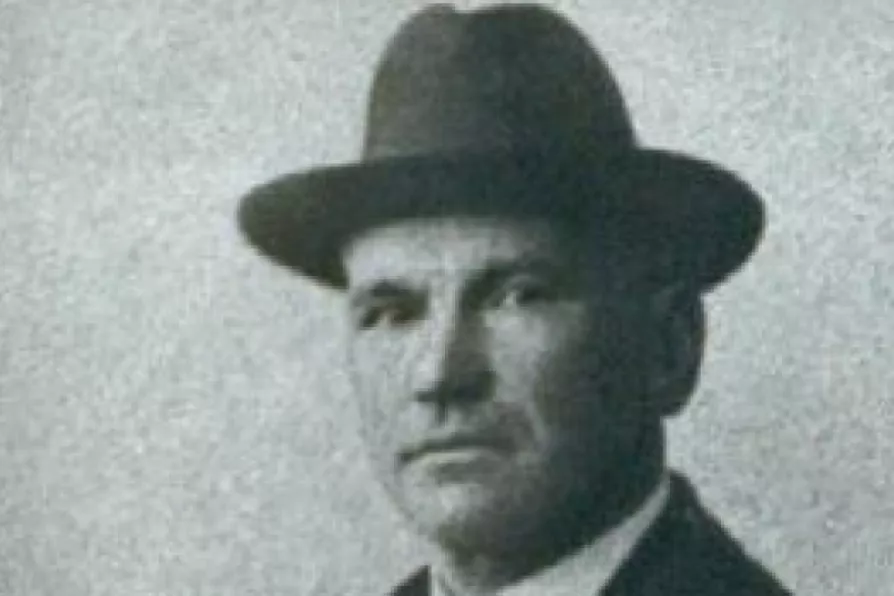Data on regional deprivation in England shows us an unequal society, but what to do about it remains unanswered argue ROX MIDDLETON, LIAM SHAW and MIRIAM GAUNTLETT

 Scottish socialist John Maclean, whose five-year jail sentence for anti-war agitation reflected his influence in Scotland, was in Peterhead prison
Scottish socialist John Maclean, whose five-year jail sentence for anti-war agitation reflected his influence in Scotland, was in Peterhead prison
AS the fifth year of the world war replaced the fourth in August 1918, socialists in Britain were much alive to the danger to the Bolshevik revolution posed by British troops in Russia’s north.
The Labour Leader declared on the 1st that the Independent Labour Party’s national council was appealing for “the strongest condemnation of the participation of the British government in an act which constitutes a crime against national independence and against the Russian revolution.”
The British Socialist Party’s weekly, The Call, printed a letter from Workers Socialist Federation leader Sylvia Pankhurst and others headed: “SAVE THE REVOLUTION,” calling for action to help Russian comrades.

As Britain marks 80 years since defeating fascism, it finds itself in a proxy war against Russia over Ukraine — DANIEL POWELL examines Churchill’s secret plan to attack our Soviet allies in 1945 and traces how Nato expansion, a Western-backed coup and neo-nazi activism contributed to todays' devastating conflict

PHIL KATZ looks at how the Daily Worker, the Morning Star's forerunner, covered the breathless last days of World War II 80 years ago

JOHN ELLISON recalls the momentous role of the French resistance during WWII











